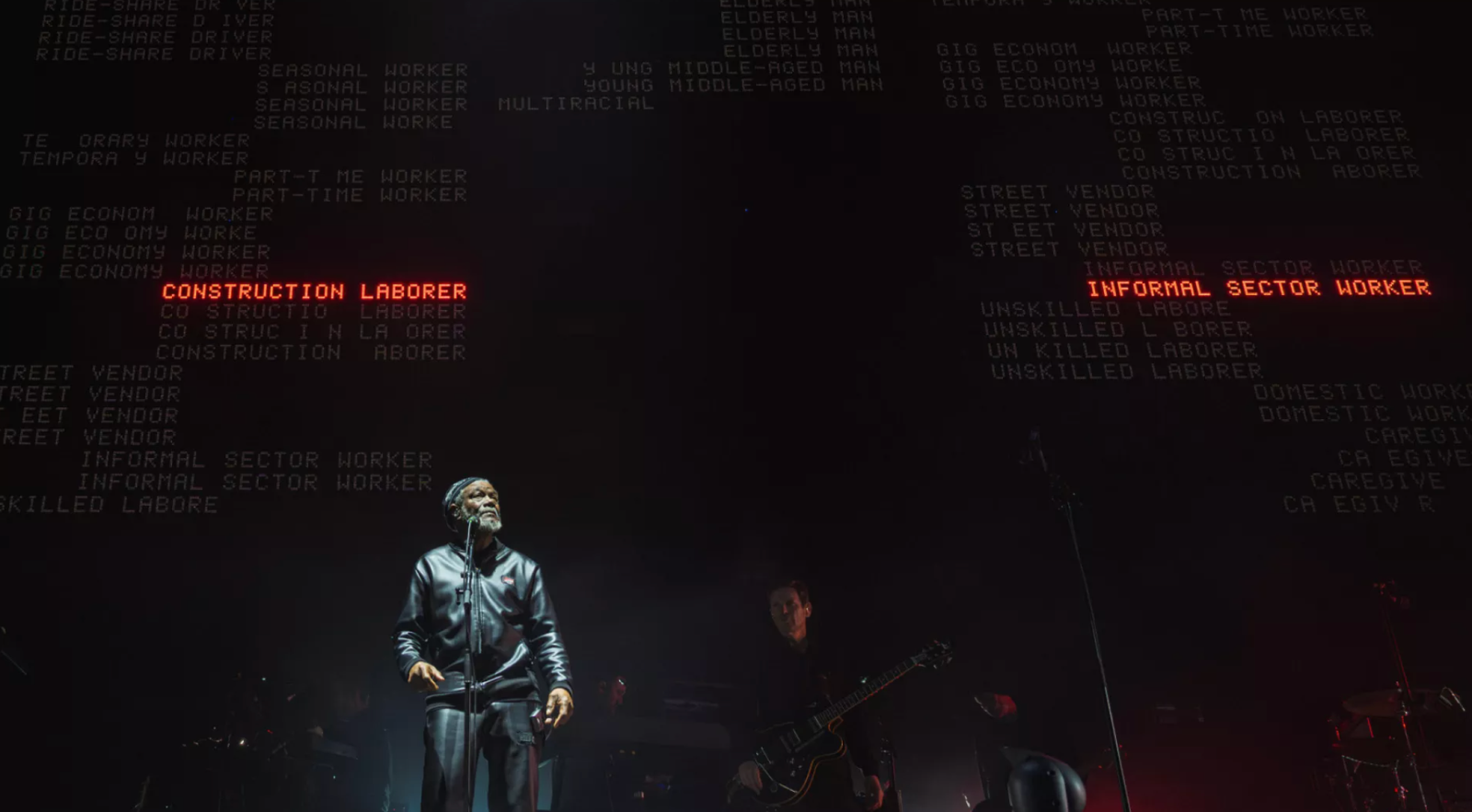
The concert was entirely battery-powered, utilizing clean energy solutions instead of diesel generators. It also featured 100% vegan food, dramatically cutting emissions related to catering. In an effort to promote sustainable travel, both artists and attendees were encouraged to opt for low-carbon transportation. The performers avoided air travel, instead using coaches and ferries, reducing their travel emissions by 73%. Attendees were incentivized to use public transport, with perks such as VIP bar access for train passengers and free electric shuttle buses connecting stations to the venue. Additionally, tickets were released in advance to Bristol residents, minimizing the distances audience members had to travel.
Further sustainability efforts included optimizing equipment transport—reducing the number of trucks from four to two—and switching from diesel to hydrotreated vegetable oil fuel, which alone cut fuel-related emissions by 70%. The decision to serve only plant-based meals resulted in an 89% reduction in food-related carbon output.
Despite these significant reductions, researchers noted that the 5% of attendees who arrived by plane were still responsible for 64% of the concert's total emissions. This highlights the ongoing challenge of aviation in the live music industry's carbon footprint.
"The cleanest, greenest festival event ever staged"
Lead producer Mark Donne called the show "the cleanest, greenest festival event ever staged", emphasizing that sustainable technology is already available but requires more support from promoters, local authorities, and government policies.
Professor Carly McLachlan, Associate Director at the Tyndall Centre, believes this proof-of-concept event could revolutionize outdoor festivals, setting a global example for super-low-carbon live entertainment. She pointed out that "there are real opportunities for promoters, providers, and policymakers to create the conditions for sustainable events to become the norm."
However, a major challenge remains: global tours that rely on frequent air travel. Massive Attack's frontman Robert Del Naja criticized the music industry's reliance on carbon-heavy international tours, calling for a shift in how concerts are marketed and structured.
The success of ACT 1.5 demonstrates that large-scale events can be sustainable—but widespread industry adoption will require systemic changes and strong policy support to reshape the future of live music.